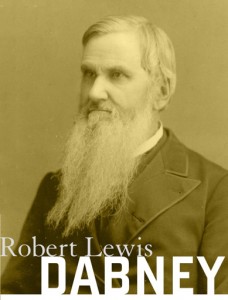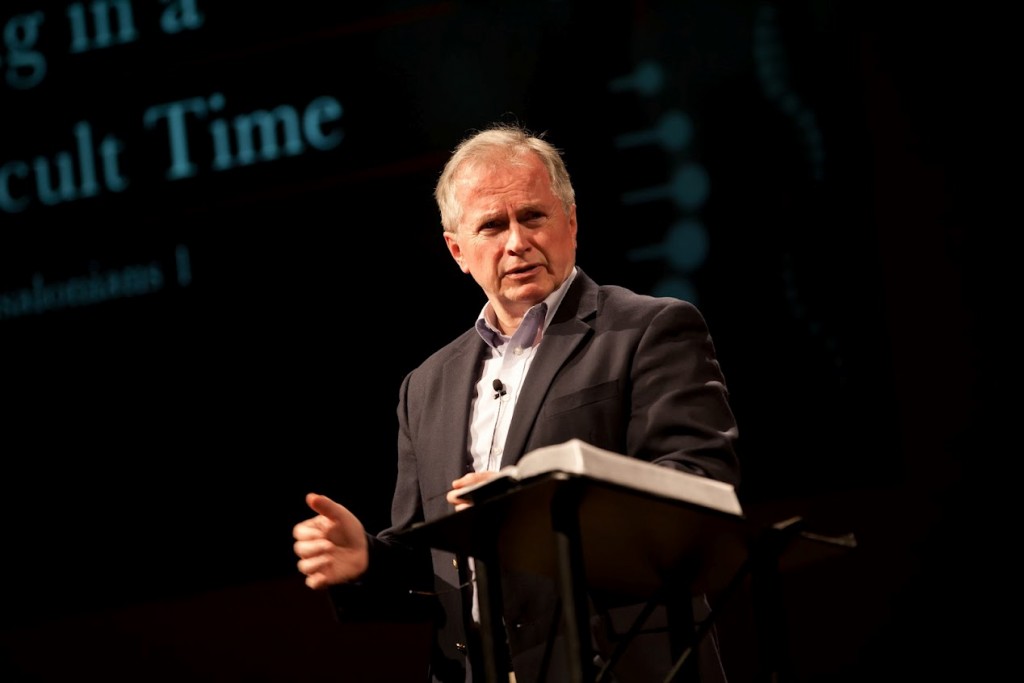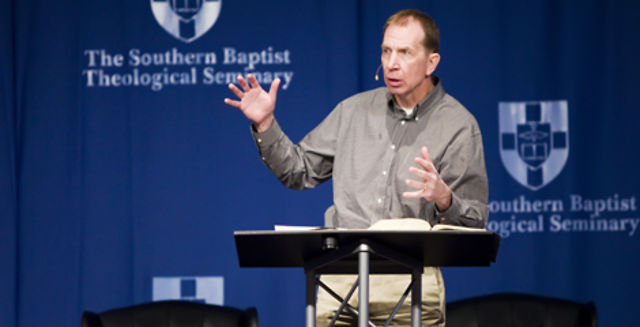
“The saying is trustworthy: If anyone aspires to the office of overseer, he desires a noble task.” – 1 Timothy 3
Pastor, you are Christ’s gift to His church. Let this truth flood your soul with holy delight.
The holy delight of pastoral ministry is found in the apostle’s trustworthy saying to young Timothy, “If anyone aspires to the office of overseer, he desires a noble task.” Remind yourself often of the ministry’s nobility. It is a grand scheme of the Serpent to tempt you unto thoughts of boredom and purposelessness in your charge. Away with such evil! You are God’s steward and banality has no place in a ministry filled with nobility.
THE NOBILITY OF MINISTRY
First, the message is noble. You have been entrusted with the gospel of Jesus Christ and a more noble message cannot be found on earth. Your eternal, creative, and powerful Father created this world to reflect His glory . He spoke everything into existence by the word of His power and He breathed life into man. Man was created in His image; he was to be a small icon of glory extending God’s lordship in the earth by ruling and subduing. But man wanted to rule as Lord, not just as vice-regent. He ate of the forbidden fruit and brought upon himself – and all his children – the promised curse of death. Yet, the curse was not without promise, for God promised woman that her seed would one day crush the head of the serpent.
This seed is none other than the God-man, Jesus Christ. In His love for sinners God sent His son to fulfill where man failed and slay the Serpent. Where man broke God’s law, Jesus obeyed. Where man succumbed to the serpent’s temptation, Jesus cast him out. After thirty-three years of perfection His people turned on him, because unrighteousness is never a friend to righteousness – let alone the Righteous One. He carried a log up a hill, laid Himself on it, and suffered the agony of crucifixion. Yet, while all His enemies gloated under the gleaming prospects of victory, the Serpent’s head was about to be smashed. In the greatest cosmic collision the world has ever seen God’s justice and mercy, simultaneously, fell on Jesus. He took our sin so that we might become righteous through Him, and He died because of it. God’s pleasure in His Son’s perfect sacrifice rolled the stone away and made Him alive in the tomb. He was raised for our justification, ascended to the right hand of God, and is now enthroned in glory. He cries out to the sons of Adam and call them to repent of their sins and place their faith in Him for salvation.
This is the message that you steward; the cosmic collision of a Serpent being smashed and sinners being saved. And a noble message demands a noble method.
Second, the method is noble. The apostle sums up your message with the command, “Preach the word.” Do not cower under the demands of the age to be a visionary leader, innovator, or movement maker. You are first and foremost a preacher. Your method is ascend each week to the sacred desk and herald the good news of Jesus Christ. Like the town criers of old you to look at the sheep and announce, “Hear ye, hear ye! This is the day of your salvation.” Your enemy has an arrow in his quiver marked for preachers and it flies on a path that goes something like this, “You think preaching is the method for this age? You are in trouble then, for no one will listen to you.” The Serpent is not a master of deception without good reason, because he’s right – no one will listen to you. But he forgets, and you are prone to forget, that the power of preaching does not rest in your cool rhetorical charisma. No, the power of preaching is found in the power of God’s word. His word is living, active, and able to bring the dead to life. His word is sweeter than honey, food for the soul, and more valuable than silver or gold.
Give yourself then to this work of preaching. Sweat yourself in preparation because treasure comes to those who search. Exhaust yourself in prayer because light comes for those who beg. Empty yourself in delivery because heat comes through those who plead. When you stand in front of Gods’ people you must shine and burn before them, just like that old voice who cried out in the desert, “Behold, the Lamb of God!” Should you do all of this in the Spirit’s power you will step down from the sermon with a weariness few can fathom. The Serpent knows your weakness and that’s why his arrows appear to blot out the sky after each sermon. If you are not watchful he will load your soul with crippling condemnation, “You failed. You didn’t get through. You were not engaging. You were not clear. Why did you ever think you could preach?” But oh! the Spirit knows your weakness as well. Look through the devil’s dark darts to truth that God’s power is made perfect in weakness. The Spirit is powerful to take your feeble offering and bring from it a bountiful harvest.
The message is noble, the method is noble, and . . .
Third, the mission is noble. Every steward is summoned to the front lines in His mission to redeem people from every tribe, language, people, and nation. The light of Christ has broken in and is shining to the ends of the earth. It shines on the dead and brings them life. It shines on the reborn and is making them new. Call your people to stare at the Son:
“Awake oh sleeper,rise from dead,
and Christ will shine on you.”
The mission shines then on the sands of the soul, and the soul is the noblest thing in a man. These sands represent the mission’s battleground and, like every battle, these sands are littered with the blood and bodies of God’s stewards. This mission is costly, for you it might even be deadly. But fear not! If you are slain on the sand a crown awaits and a glorified body is on its way. If the mission doesn’t kill you, it will probably cost you more than any person can see: scorn, slander, misunderstanding, and misrepresentation. For these reasons and more the Serpent will tempt you to stay in the ship and not wade your way toward the shore. Take courage! You have the armor of Christ and the power of the Spirit, what can mortal man do to you? The light you carry terrifies the darkness, so hide it not in your life nor your ministry.
The noble message carried by the noble method is the substance of your noble mission, a mission that aims at the noblest part of men. This is a noble ministry indeed.
 A forgotten contribution to the modern conversation on preaching is Robert Lewis Dabney’s Evangelical Eloquence: A Course of Lectures on Preaching.
A forgotten contribution to the modern conversation on preaching is Robert Lewis Dabney’s Evangelical Eloquence: A Course of Lectures on Preaching.








